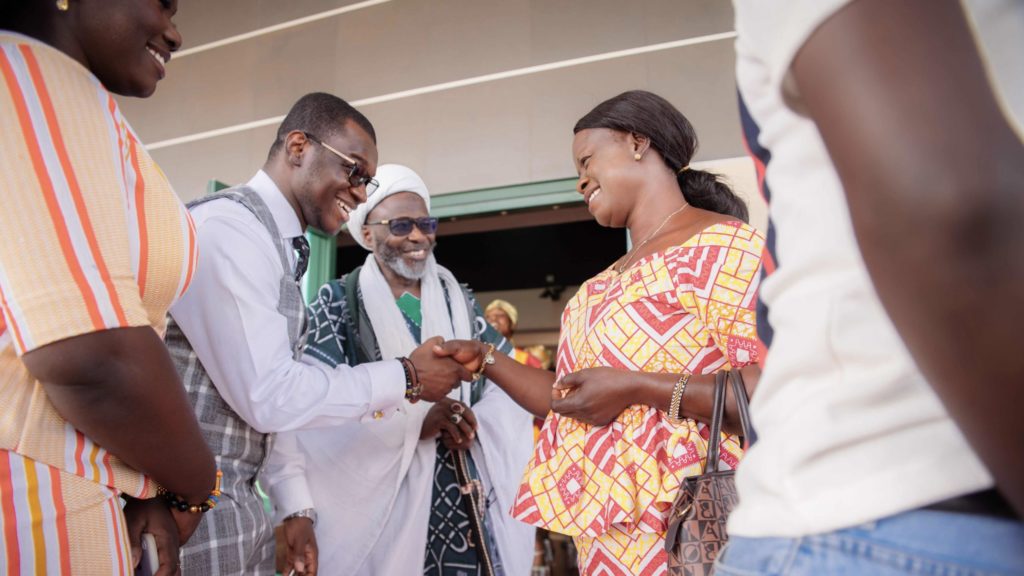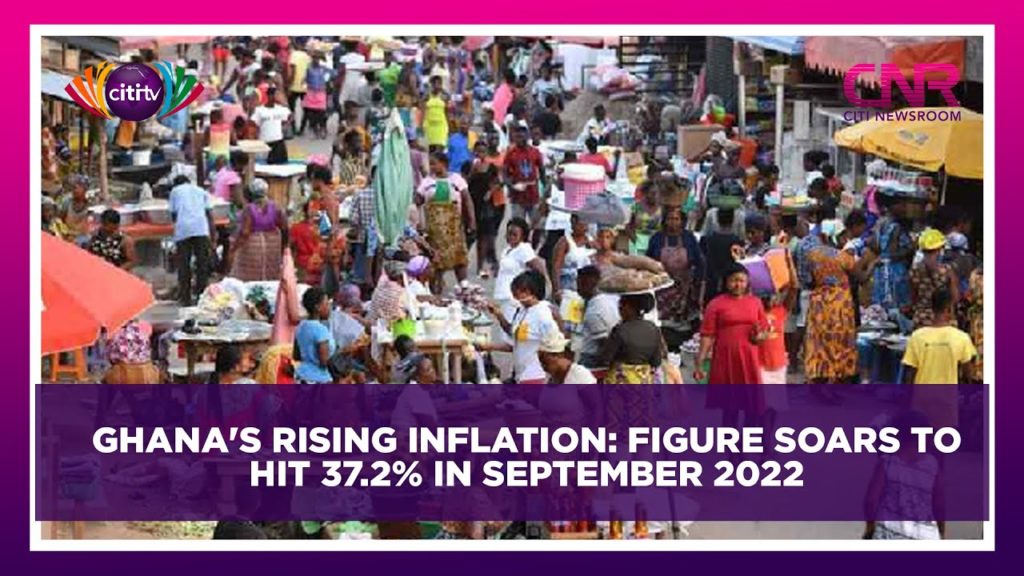The Power of Humility in Fostering Successful Business Collaborations in Africa
You will undoubtedly find humility woven into your business journey in Africa. Africa will indeed ground you. It has taught me humility, keeps me down to earth, and my entrepreneurial journey has brought me lessons in modesty, remaining unassuming in the estimation of anyone’s abilities, for the most unassuming person you meet in Africa can wield the greatest of powers. Basically, doing business in Africa will humble you. The sprawling continent of Africa, with its diverse economies, rich natural resources, promising markets, and unique challenges, paints an intriguing picture for entrepreneurs and businesses around the globe. It is a land where potential and pitfalls walk hand in hand, a landscape where each interaction tests one’s resilience, shatters assumptions, and offers immeasurable lessons in humility and growth. The lure of Africa as a commercial frontier lies in its size, being the second-largest continent with 54 varied nations, and its rapidly changing demographics. The continent’s population is set to double by 2050, making it the region with the youngest and fastest-growing populace worldwide. This signifies a vast consumer base and an ever-increasing labour force, presenting unique opportunities and challenges. Doing business in Africa is akin to navigating through a complex maze. The game’s rules continually evolve, shaped by rapid urbanisation, technological advancements, a rapidly growing middle class, and geopolitical influences. Yet, at the heart of it all lies a central, humbling truth: to succeed in Africa, one must understand Africa. This understanding transcends mere statistics and projections; it involves immersing oneself in the African people’s culture, history, socio-political climate, and aspirations. The Business Landscape in Africa The business landscape in Africa is as diverse as the continent itself, with each of its 54 countries harbouring unique economic climates, growth trajectories, and entrepreneurial ecosystems. Africa is not monolithic but a patchwork of distinct economies with distinctive strengths, weaknesses, opportunities, and threats. One common myth about Africa is the notion of ‘The African Market’ as one homogenous entity. Such a view can be misleading and not reflect the continent’s economic diversity. Each African country has its unique blend of resources, infrastructure, regulatory systems, and consumer behaviour. For instance, whereas Nigeria’s economy mainly depends on oil exports, Kenya’s is more diverse, including agriculture, manufacturing, construction, and the service industry. Yet, despite this diversity, shared challenges transcend national boundaries: infrastructure deficits, regulatory complexities, political instability, and access to finance. These challenges necessitate a degree of innovation and adaptation often unseen in more developed markets. African entrepreneurs have demonstrated an impressive capacity for innovation and adaptation. From leapfrogging technologies to pioneering unique business models, the entrepreneurial spirit across Africa is alive and thriving, driven by a persistent urgency to cater to the deficiencies of our people, today’s and tomorrow’s. Mobile banking serves as a prime example of this innovative spirit. In areas where traditional banking infrastructures were scant, mobile banking emerged to fill the void, providing financial services to millions of unbanked Africans. This ability to adapt and innovate according to local needs has been a critical factor in African businesses’ successful growth and expansion. The diversity and dynamism of Africa’s business landscape offer challenges and opportunities. Success in this landscape requires humility, a deep understanding of local contexts, and a willingness to learn from and adapt to ever-changing circumstances. Learning through Navigating Diverse Markets One of the most salient examples of how businesses have navigated and succeeded in Africa’s diverse markets is the story of mobile money, epitomised by M-Pesa in Kenya. M-Pesa, a mobile money transfer service launched by Vodafone for Safaricom and Vodacom in 2007, is a testament to understanding and adapting to local needs. Within a decade, M-Pesa transformed the financial inclusion landscape in Kenya, reaching the unbanked populations and serving as a lifeline for small businesses. The success of M-Pesa is grounded in its response to a local challenge: the high number of unbanked people coupled with high mobile phone penetration. Safaricom identified this gap and crafted a solution that bypassed the need for traditional banking infrastructure. This isn’t just a business success story – it’s a parable of adaptation, innovation, and the value of understanding the unique needs of diverse markets. However, navigating these diverse markets is not without challenges. Language barriers, cultural differences, regulatory issues, and infrastructure are among the hurdles international businesses may face. For example, Africa’s linguistic diversity can be daunting for companies, with over 2000 languages spoken across the continent. Similarly, cultural nuances and different ways of conducting business can be challenging for businesses accustomed to Western methods of operation. Regulatory complexities can create bureaucratic hurdles, while infrastructure, particularly within rural areas, can be a barrier to delivering goods and services. Yet, these challenges present their lessons. They teach humility, resilience, and the importance of local knowledge. They compel businesses to listen, learn, and adapt rather than imposing preconceived business models or strategies. Overcoming these obstacles often results in more substantial, robust companies well-integrated into their local markets. The Power of Partnership and Collaboration Building successful ventures in Africa often hinges on the power of partnership and collaboration, a lesson embodied by the e-commerce platform, Jumia. Jumia, often dubbed the “Amazon of Africa”, has built a vast network of partnerships with local sellers across the continent. This has expanded Jumia’s product offering and allowed local businesses to reach broader markets. Jumia’s model recognises the importance of local players, leveraging their knowledge, networks, and capabilities. By partnering with local sellers, Jumia navigates the logistical challenges of Africa’s vast geographical diversity. They utilise local knowledge to understand consumer behaviour and preferences better, allowing them to provide more personalised services. However, the key to establishing these partnerships is humility. Doing business in Africa is not about imposing pre-existing models or ways of thinking. Instead, it requires understanding the intricacies of each market and acknowledging that local businesses, regardless of their size, bring invaluable insights and knowledge to the table. Therefore, humility becomes a critical business component, fostering partnerships that lead to mutual growth and success. The Jumia story underscores
The Power of Humility in Fostering Successful Business Collaborations in Africa Read More »




